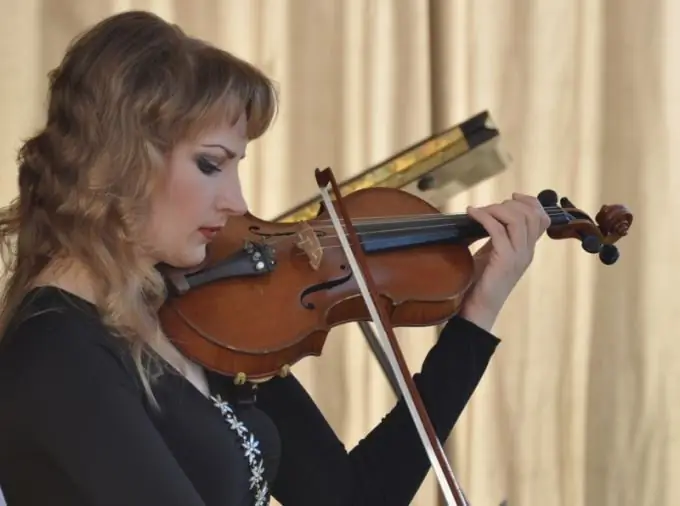Classical music can give a person great pleasure. Many consider it too serious and even boring. In fact, this is far from the case, musical classics are an amazing world in which the traveler is waiting for constant discoveries. Its perception has some peculiarities, and this must be taken into account.

It is necessary
- - recordings of musical works;
- - player;
- - a computer with the Internet.
Instructions
Step 1
Convince yourself that absolutely all music is created for the listener, that is, for you. Do not think that it was written exclusively for the nobility and that only people who are versed in this art understand it. Johann Sebastian Bach was listened to by all parishioners of the church, where he was an organist. Mozart wrote operas for the theater, to which any resident of Vienna could come. Russian composers of the late nineteenth century constantly gave concerts for workers and artisans, where they performed the same works as in other halls. If this music was perceived by people of different professions and with different education, then a modern person can do it too.
Step 2
Don't use classics as backgrounds. In this case, it will definitely seem boring and incomprehensible. Choose a time when nothing will distract you. Sit in a chair and record. Beginners are often encouraged to listen to short plays. It doesn't really matter. The main thing is that you have the opportunity to listen to the works from beginning to end without interruption. Try to memorize the melody with which the sonata or symphony begins. Watch what happens to her next. If the first listening still seemed too long for you, do not interrupt, but just sit and think to the music. Imagine what people who lived at the same time as the composer could do to such a melody.
Step 3
Listen to the sound of different instruments. In many works, the main theme is repeated many times, it moves from instrument to instrument, sometimes altered beyond recognition. Watch her transformations. This in itself is a very exciting activity.
Step 4
Before you start listening to opera music on recordings, visit the theater for the same performance. Read the libretto carefully. Reflections on the topic of where the hero went and why should not distract you from his image and the techniques that the composer used to convey it. Think about how the character of the melody matches the character of the character. After that, you can listen to your favorite numbers in the recording, in different performances. Before you even have time to look back, you begin to distinguish one singer from another.
Step 5
Try to go to concerts more often. Now, of course, almost any recordings are available, they can be freely purchased through online stores. But even an ideal sound reproducing system cannot replace live performance. In the concert hall, nothing will distract you, and you can concentrate on the piece. At first, choose programs where there are a number of already known works and several new ones. In addition to concert halls, music is now played during church services. Anyone can come there, regardless of denomination. Including in order to listen to choral or organ music.






